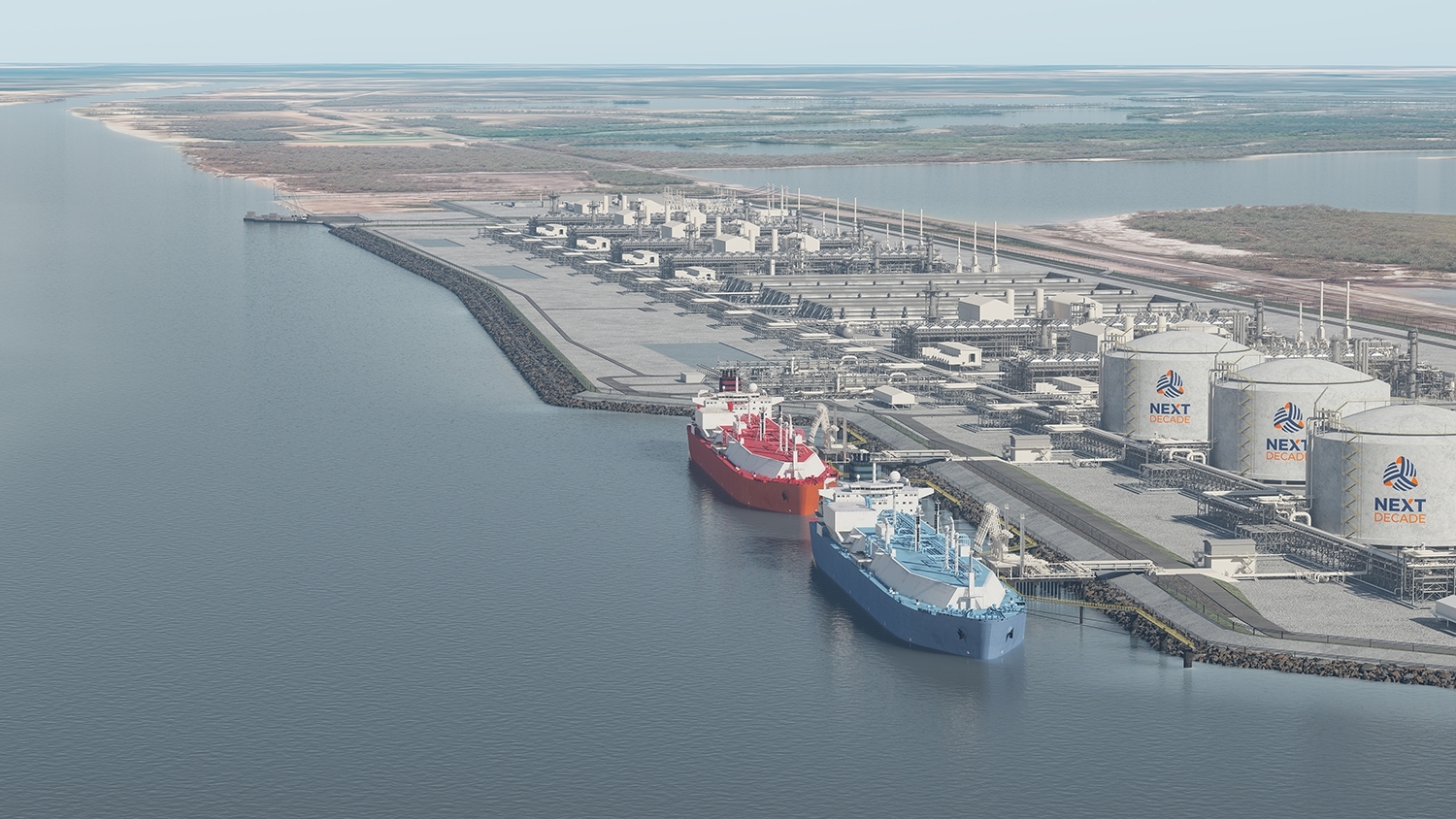Opponents of the liquefied natural gas industry have sued a federal agency that issued permits for a controversial LNG export terminal at the Port of Brownsville and a related pipeline.

In a petition filed before the U.S. Court of Appeals for the District of Columbia Circuit, the Sierra Club, the City of Port Isabel and four other opponents are asking a federal judge to review and overturn permits issued by the Federal Energy Regulatory Commission for Rio Grande LNG and the Rio Bravo Pipeline.
No court hearing has been set in the lawsuit. FERC officials issued a permit for the controversial projects in November and then denied a request by opponents to reconsider the agency’s decision.
Citing safety and environmental concerns, opponents of the projects say that Rio Grande LNG will become the largest polluter in the Rio Grande Valley, an impoverished region along the U.S./Mexico border.
“FERC has consistently ignored concerns about how Rio Grande LNG and other fracked gas facilities would harm already-marginalized Latinx communities in the Rio Grande Valley,” Sierra Club organizer Rebekah Hinojosa said in a statement. “This fracked gas export facility would devastate our local economy and subject our families to dangerous pollution, and it’s unacceptable that FERC has refused to take these threats into consideration.”
However, supporters of the projects say they will reduce flaring in the Permian Basin of West Texas by creating a market for natural gas that would otherwise be burned off. Designed to export 27 million metric tons of LNG per year, the plant and pipeline will also bring billions of dollars of private investment to the impoverished region, generate thousands of construction jobs and hundreds of high-paying permanent jobs.
Rio Grande LNG is owned by Houston liquefied natural gas company NextDecade. Canadian pipeline operator Enbridge has entered a deal to buy the Rio Bravo Pipeline from NextDecade.
[contextly_sidebar id=”PaxLAS3d75MMl7LDgBZUKmczdqvYAbJd”]




